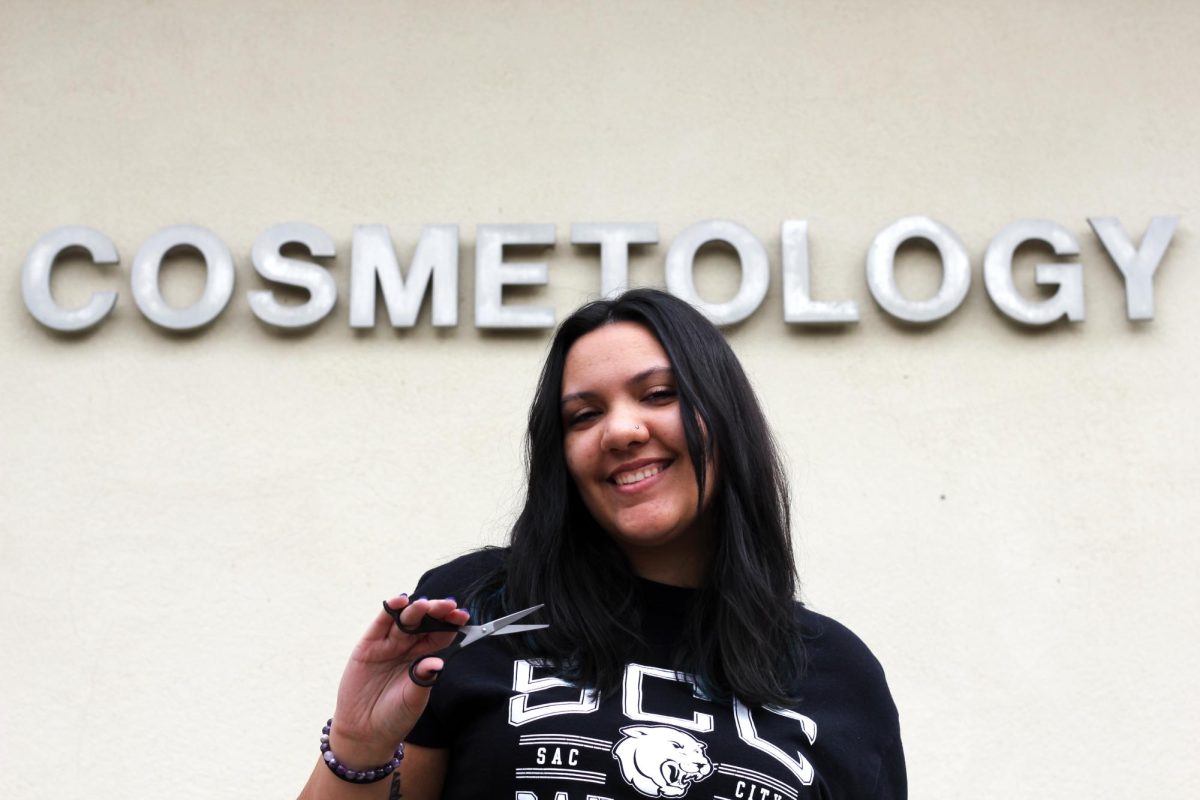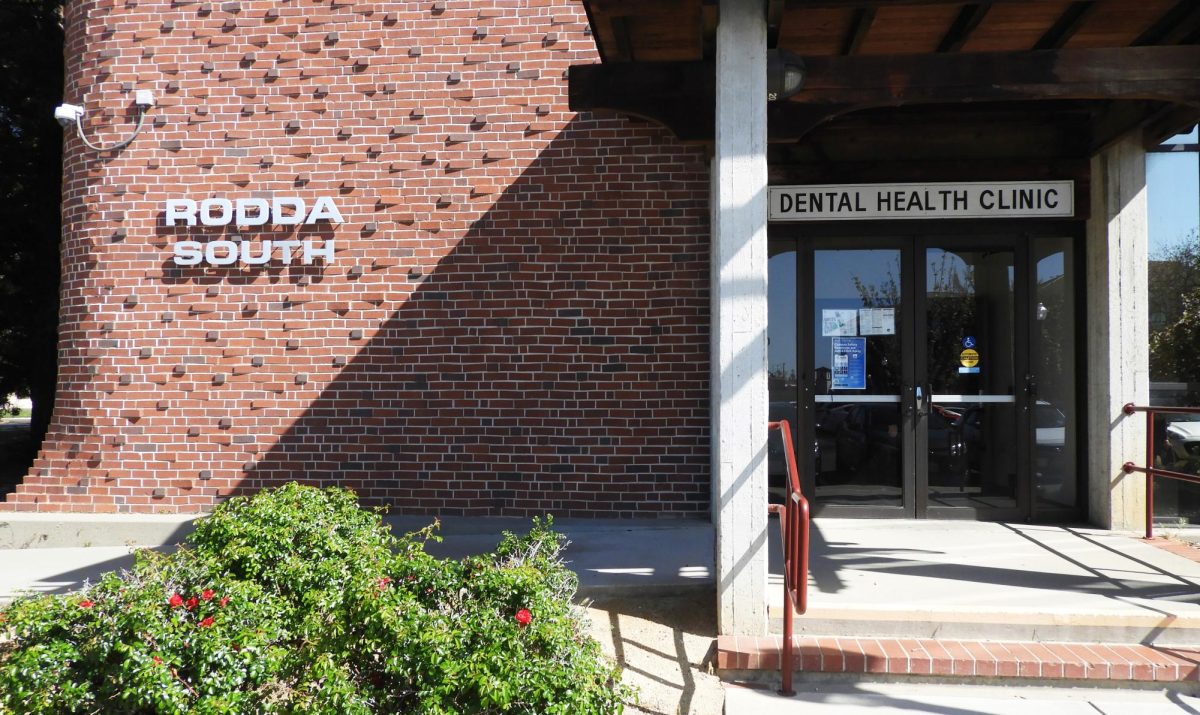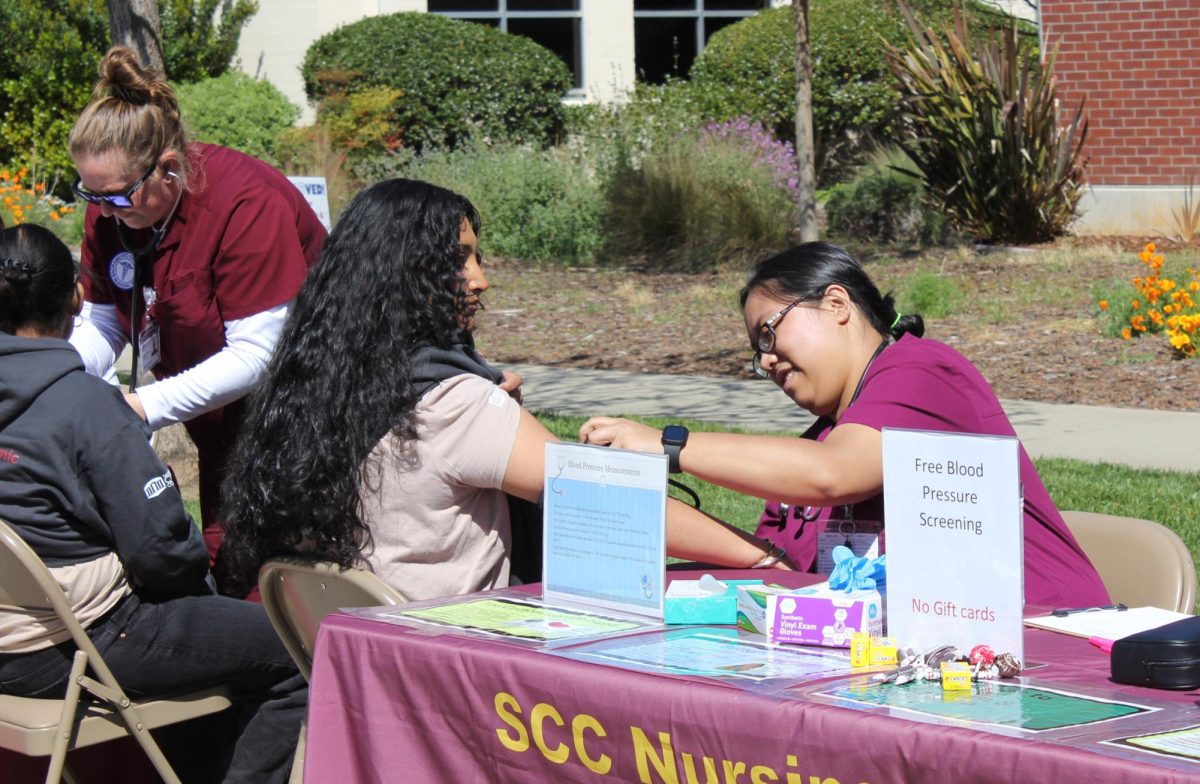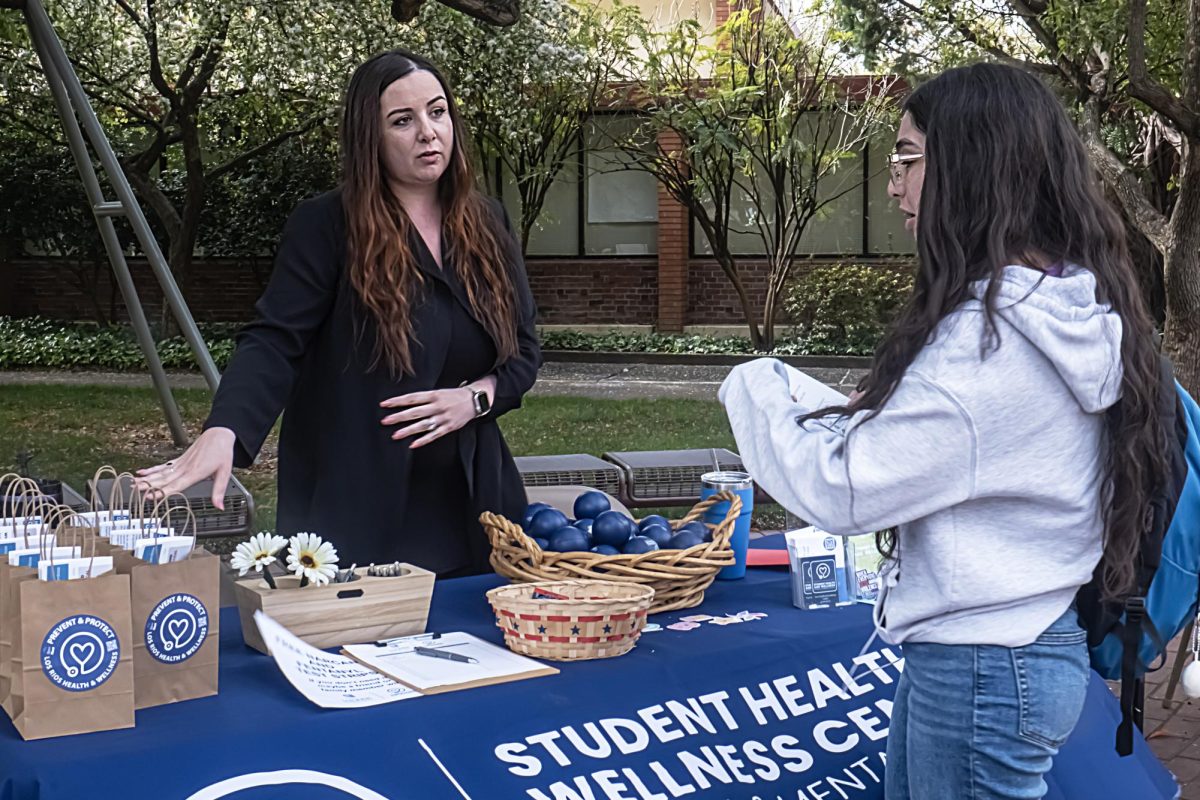With the national rise in obesity, many people, including college students, have become concerned about what they eat.
According to the Center for Disease Control and Prevention, “more than one-third of U.S. adults (35.7 percent) are obese” and “obesity-related conditions include heart disease, stroke, type 2 diabetes and certain types of cancer, some of the leading causes of preventable death.”
For many, it can be inconvenient to bring their food or leave campus to eat. Because of time constraints or lack of transportation, often times, this leaves one option: the City Cafe.
But how healthy is the food on campus, what steps are the college taking to ensure healthy options for those who want them and who decides what food is served?
“Food service for LRCCD was contracted out in 2003, as I recall,” says Robert Martinelli, City College vice president of administrative services. “Aramark became the food service contractor through a competitive process in 2008. Their contract goes through the end of next year.”
Aramark representatives stressed that on-campus food options are mostly based on sales.
“When we choose what foods are going to be distributed out to the students, we will look at basically what sells and what does not sell,” says Frank Gleason, senior food service director for Aramark, the vendor that provides food served on campus.
Still, Gleason says there are healthy snacks offered, and some sell quite well.
“Some campus favorites are the everyday burger, which is less expensive, and the chicken patty burger, which is a healthier item on the menu,” says Gleason.
City College nurse Wendy Gomez is a part of the campus Food Advisory Group, which makes sure that prices are reasonable and, she says, also helps choose what foods go in to the cafeteria.
“We [the advisory group] make a strong effort on having healthy choices available, such as fruit, yogurt, sandwiches, salads and a taco salad bar,” says Gomez. “I think there are healthy choices if you look for them.”
For students, their food preferences come down to variety, but healthy choices are a concern, too.
City College student Lauren Smith, nursing major, says she only eats in the cafeteria Tuesdays and Thursdays, and she gets coffee in the mornings.
For lunch, Smith says, “I usually get pizza or salad. I wish there was a little bit more variety. If they had a better variety and quality, I’d be willing to pay a little more.”
Donald Williams, human services major, said he eats breakfast in the City Cafe Tuesdays and Thursdays, but doesn’t worry too much about making healthy choices.
“I get the burrito,” says Williams. “It’s got eggs, sausage, cheese and potatoes. To me, it is [a healthy meal].”
Williams added that he thinks his breakfast choices are pretty average and pointed out that the cafeteria does offer healthy alternatives.
“It’s the basic breakfast, basic lunch, right? Pretty healthy, I guess,” says Williams. “Plus they do have some salads over there.”
Jason Wong, social studies major, says he eats lunch at the City Cafe every day.
“I eat everything from the soup to the sandwich to the pizza,” says Wong. “I know the fruit is healthy, and I think the soup is healthy.”
Other students avoid the cafeteria altogether. Robert Curry, office administration major, says he seldom eats campus food, but not because of health concerns.
“I am on a tight budget, unemployed and receiving financial aid,” says Curry.
Though Curry’s reasoning for not eating cafeteria food may not be about health, he explained that he does think about his food choices.
“I am into health and wellness,” says Curry. “I do try to eat healthy. [The cafeteria does] serve healthy food, but they also serve junk food.”
Curry also speculated about possible reasons why the college doesn’t offer more health-conscious goodies.
“Schools operate on a budget and, depending on how the budget goes, they are able to bring in more healthy foods or just keep what they got because healthy foods tend to be more expensive,” says Curry.
— Additional reporting by Arts & Entertainment and Features Editor Priya McCluskey and Editor-in-Chief Daniel Wilson


























